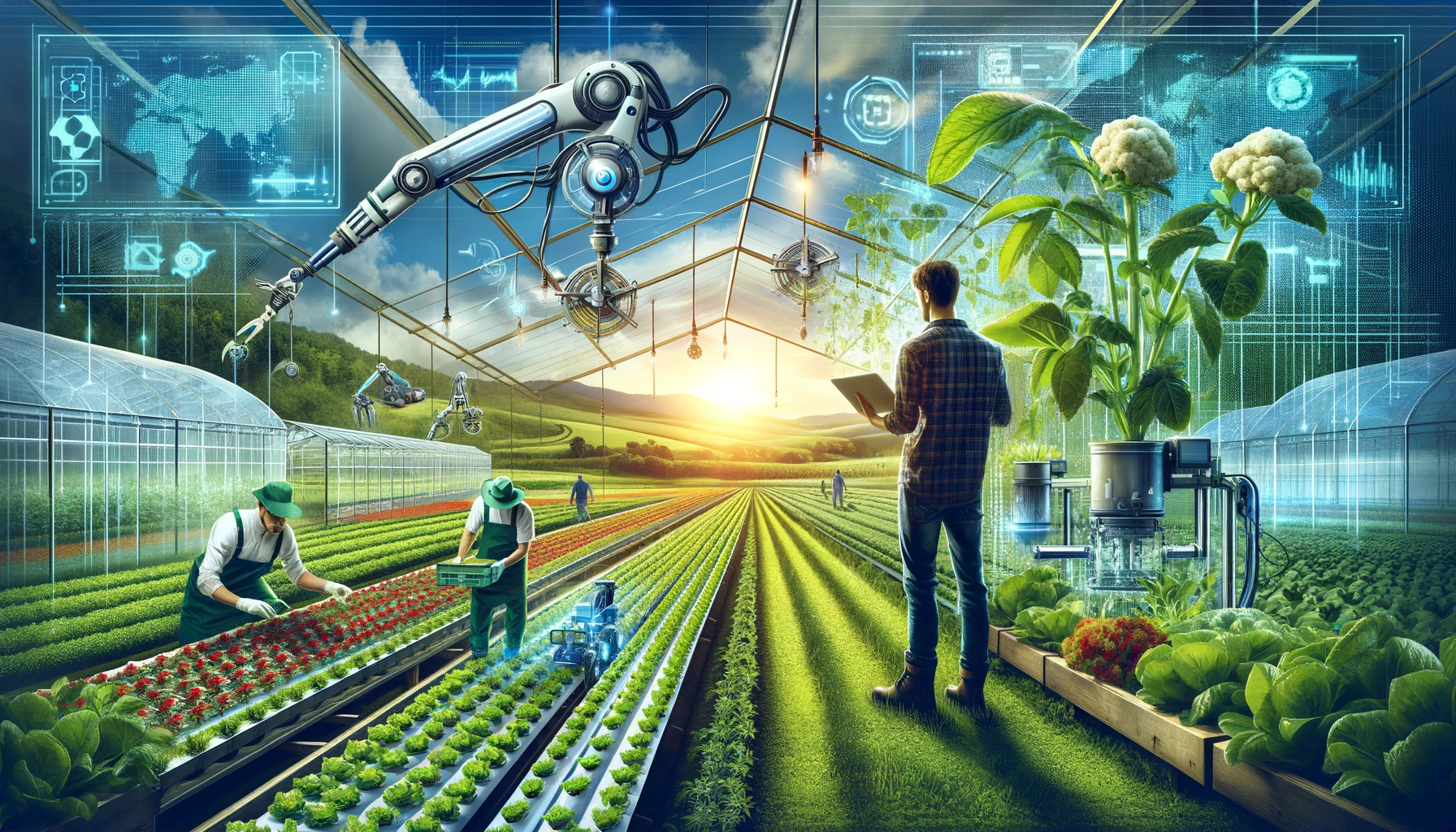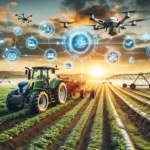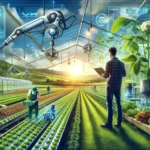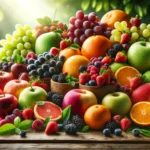he landscape of agriculture has dramatically evolved over the past few centuries, transitioning from traditional methods to a mix of various modern techniques. Today, farming practices are shaped by the demands of population growth, technological advancements, and environmental sustainability concerns. This article explores the most prevalent types of farming in the modern era, shedding light on their characteristics, benefits, and the reasons for their dominance.
Conventional Farming
Definition and Characteristics
Conventional farming, also known as industrial agriculture, involves large-scale operations that focus on maximizing yields and profits. This type of farming typically uses genetically modified organisms (GMOs), chemical pesticides, herbicides, and synthetic fertilizers to enhance crop production.
Prevalence and Impact
Conventional farming is the most prevalent form of agriculture globally, primarily because it provides the high yields necessary to feed the growing global population. It is especially dominant in countries that emphasize agricultural exports and commercial food production, such as the United States, Brazil, and China.
Challenges
While effective in producing large quantities of food, conventional farming has been criticized for contributing to environmental problems, such as biodiversity loss, soil degradation, and water contamination. The heavy reliance on chemical inputs and monoculture practices are central to these issues.
Organic Farming
Definition and Characteristics
Organic farming eschews the use of synthetic chemicals and GMOs, focusing instead on natural processes and inputs to maintain soil health and ecosystem balance. This method emphasizes crop rotation, green manure, compost, and biological pest control.
Growing Popularity
In recent years, organic farming has seen a significant increase in popularity, driven by consumer demand for healthier food options and less environmentally damaging agricultural practices. Despite its growth, organic farming still makes up a small percentage of total agricultural land worldwide, reflecting the challenges of transitioning from conventional methods.
Benefits and Limitations
Organic produce is often preferred for its perceived health benefits and minimal environmental footprint. However, organic farming typically results in lower yields compared to conventional methods and requires more labor, which can translate to higher consumer prices.
“When you listen to yourself, everything come naturally. It come from in, like a kind of will to do something. Try to be sensitive. That is just a few clicks away.”satisfied client
Sustainable Farming
Definition and Characteristics
Sustainable farming integrates different practices that are designed to be environmentally sound, economically viable, and socially responsible. Techniques such as integrated pest management, agroforestry, and diversified farming are common.
Importance and Adoption
The importance of sustainable farming has been recognized in light of climate change and the need for resilience in food production systems. Adoption rates vary by region, influenced by local policies, the economic feasibility of altering practices, and the availability of technology and training for farmers.
Precision Farming
Definition and Characteristics
Precision farming is a technology-driven approach that uses data and analytics to make farming more accurate and controlled. GPS technology, drones, satellite imagery, and IoT devices are utilized to monitor field conditions and apply precise amounts of inputs like water, fertilizers, and pesticides.
Prevalence and Future Prospects
While still more prevalent in developed nations due to the high initial investment costs, precision farming is gaining traction globally because of its potential to enhance efficiency and reduce waste. As technology becomes more accessible and affordable, it is expected to become more widespread.
Conclusion
Today, conventional farming remains the most prevalent form of agriculture due to its ability to produce large volumes of food efficiently. However, the growing awareness of environmental and health issues associated with this method has led to increased interest and adoption of alternative practices like organic, sustainable, and precision farming. Each farming type has its merits and challenges, and the future of agriculture will likely involve a blend of practices tailored to specific environmental, economic, and social contexts. As the sector continues to evolve, the focus will increasingly shift towards more sustainable and technologically advanced farming methods to ensure food security and environmental conservation.




